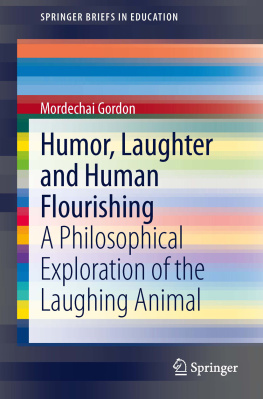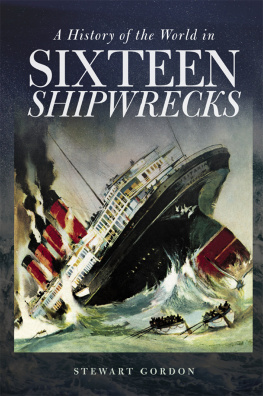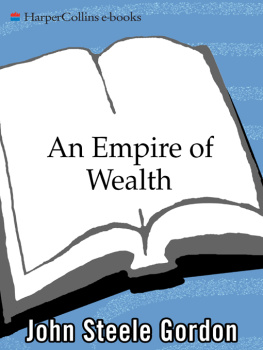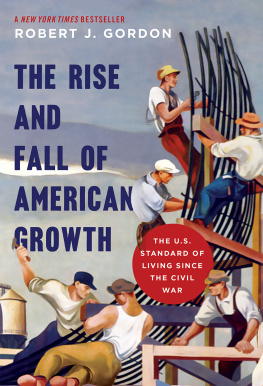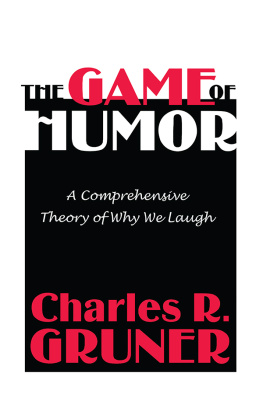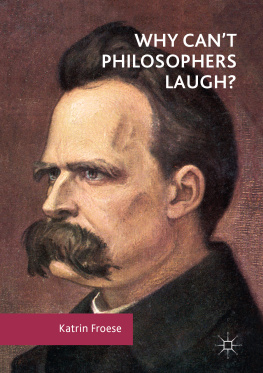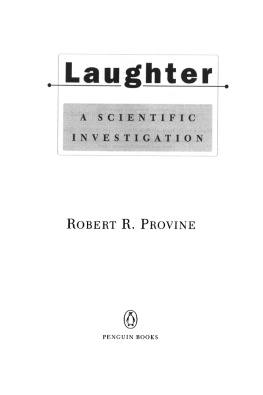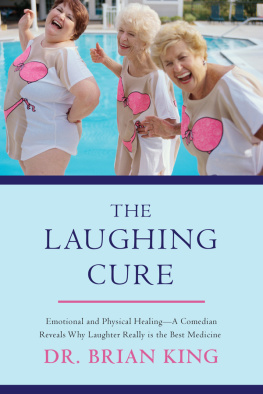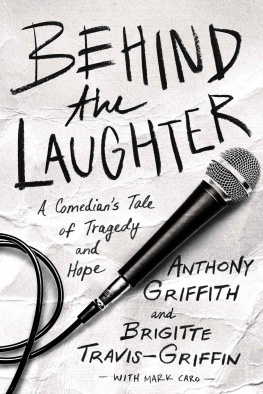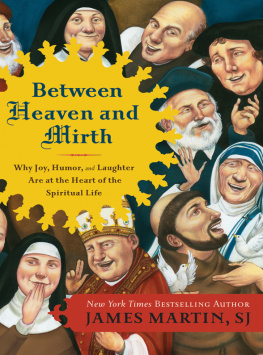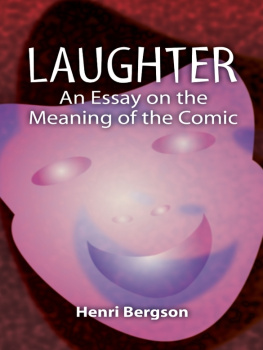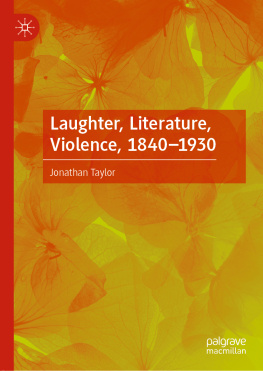1.1 Introduction
A survey of the history of Western philosophy suggests that relatively little has been written about humor, laughter, and amusement. While many philosophers, including Plato and Aristotle, touched on humor in their writings, they generally did not address this topic in depth or attempt to create a general theory of humor. Writing in the 1980s, humor theorist John Morreall () noted that until a few years ago, the study of laughter was treated in academic circles as frivolous (p. 9). Morreall attributed this neglect to the misguided belief that since laughter is not a serious activity, it is neither possible nor desirable to investigate this phenomenon seriously. Moreover, since laughing has rarely been considered a capacity that is uniquely human, it never received the kind of attention and serious investigation that was dedicated to other human faculties such as thinking and speaking.
Aside from a general tendency to neglect humor, Morreall argues in several works including The Philosophy of Laughter and Humor (1987) and Comic Relief (2009) that throughout most of the history of Western philosophy, the assessment of humor has not been kind. Indeed, not only Plato and Aristotle but also Descartes and Hobbes generally viewed humor with scorn and tended to focus on the negative rather than positive aspects of humor. Plato argued in The Republic (388E) that the guardians must not be too fond of laughter. For usually when one indulges violent laughter, such a thing is apt to bring in oneself a violent upset of feeling. In addition, he claimed in the dialogue Philebus (4850) that laughter is usually prompted by negative feelings such as malice and the enjoyment of seeing other people making fools of themselves.
Many philosophers from Plato to Hobbes subscribed to what we refer today as the Superiority Theory, which considered laughter as an expression of our delight in the shortcomings of others or of our own previous failings. Summarizing this theory, Hobbes () who writes that if people dislike being laughed at it is surely because laughter de-values its object in the subjects eyes (p. 168).
Fortunately, since the mid-eighteenth century the Superiority Theory has come under attacks by various philosophers and thinkers who realized that not only are there many cases in which people feel superior but do not laugh, but also that laughter often arises when there are no feelings of eminency. These critiques led eventually to the development of two additional theories of humor, namely, the Relief and the Incongruity Theories. For relief theorists, laughter functions to release nervous energy that is no longer needed, whether that energy is emotional, sexual, or cognitive in nature (e.g., Spencer and Freud). Incongruity theorists argue that laughter arises when an expectation we have vanishes into nothing or when we notice an incongruity between a concept of something and the way in which we perceive it (e.g., Kant and Schopenhauer). Contemporary humor theorists such as Michael Clark, Mike Martin, and John Morreall have constructed more comprehensive views of the Incongruity theory. Still, despite the attempts of various modern philosophers to address humor in a more positive light, Morreall () claims that it was not until well into the twentieth century that this issue gained even a semblance of respect among philosophers and thinkers in general.
The general tendency among philosophers to overlook or marginalize humor is probably even more prevalent when one examines the relationship between philosophy of education and humor. In fact, a review of the literature of this topic indicates that very few articles in philosophy of education journals have been published or presentations delivered in the last couple of decades that even mention humor let alone attempt to explore this topic in adequate depth. Two notable exceptions that address humor or laughter are Cris Mayos () entitled The Educational Meaning of Communal Laughter. Yet, these rare exceptions only serve to illustrate the point that educational theorists have yet to take a serious look at some of the relationships between philosophy of education and humor.
This chapter is designed to contextualize and advance the conversation among philosophers of education about humor and laughter by focusing on some interesting connections among humor, philosophy, and education. I begin my analysis by discussing the nature and purpose of humor in general, while distinguishing it from laughter and amusement. I argue for an eclectic view of humor, one which integrates insights from different theories and avoids the reductionism that has often resulted from trying to create a comprehensive theory of humor. In the next part, I examine some of the historical tensions between traditional education and humor and laughter. I then proceed to lay out some important, though often neglected, similarities and links between humor and philosophy. In the final part of this essay, I attempt to respond to the question: what does a study of humor and laughter bring to philosophy of education?
1.2 The Nature and Purpose of Humor
In The Will to Power , Friedrich Nietzsche () sarcastically remarked that:
perhaps I know best why man alone laughs: he alone suffers so deeply that he had to invent laughter. The unhappiest and most melancholy animal is, as fitting, the most cheerful (p. 56).
Although we cannot know for sure that other animals do not laugh like us, it is a pretty safe bet to say that humans are the only beings that are aware of themselves laughing, much like they are the only ones who know that they suffer. Another way of making Nietzsches point is to say that we are the only beings who have a sense of humor and are conscious of having this capacity. Our sense of humor enables us to laugh not only at other people, situations, and funny incidents that we read or watch, but also to laugh at ourselves. Humor allows us to view the world from a perspective that is amusing and comical rather than serious or sad.
In order to avoid confusions and conceptual errors, I would like to briefly distinguish humor from both laughter and amusement. To begin with, it is interesting to note that unlike laughter, both humor and amusement are relatively new terms that acquired their current meanings only in the late seventeenth century. The word laughter, on the other hand, can be traced back thousands of years, not only to Western societies such as ancient Greece but to Eastern cultures as well. It denotes a combination of bodily events, including the spasmodic expulsion of air from the lungs, accompanying sounds, characteristic facial distortions, and in heavy laughter the shaking of the whole body (Morreall , p. 4). Following Morrealls analysis, I am using the word laughter to refer to the physical activity that is caused by and expresses the feelings of a pleasant psychological shift. Laughter can be produced by a wide range of activities from tickling to hearing a joke and from regaining safety after being in danger to watching other people experience misfortune.

